Cover Crops Improve Sustainability of Cotton Farming
May 21, 2020
The Importance of Cover Crops to U.S. Cotton Farms
U.S. cotton farmers know that planting cover crops is an important piece of the sustainable farming puzzle.
A key aspect to the US cotton industry meeting its 10 year sustainability goals for cotton is improving soil health in cotton fields.
For many producers, this means increased use of winter cover crops, which include wheat, rye, clovers and vetch, and are planted near the time of cotton harvest.
Research has shown that planting cover crops can have a positive impact on farm productivity, overall crop health, and the benefits contribute to all six of the cotton industry’s sustainability goals.
Goal impacted: Soil Carbon
Cover crops increase the amount of carbon captured in the soil, improving soil health and reducing the amount of carbon dioxide in the atmosphere, which helps reduce global warming. More carbon also means the soil can store more water.
Goal impacted: Water use efficiency
In addition to increased water storage, more water infiltrates into the soil with a cover crop present – the stems of the cover crop slow the movement of rainfall, allowing more water to be absorbed into the soil over a longer period of time. With a more absorbent soil surface, there is less runoff and, therefore, fewer nutrients flowing away from the field.
Goal impacted: Soil erosion
Growing a crop in the winter means all of the beneficial soil flora and fauna have a source of food and can become more abundant to further build soil health. The cover crop also absorbs the impact of rainfall, lowering soil erosion.
Goal impacted: Land use efficiency
Healthy soil improves plant root growth which increases the crop’s capacity to handle adverse weather conditions, such as droughts and heat waves. As the soil health of a field continues to improve, it becomes more productive, meaning less land is needed to produce the same amount of cotton.
Goals impacted: Energy use & Greenhouse gas emissions
A healthier soil does a better job of holding and cycling nutrients, so less fertilizer is needed, reducing energy and greenhouse gas emissions.
You can learn more about the cotton industry’s 10 year goals by watching the video below.
Cotton Incorporated values the importance of soil health and typically funds at least 10 research projects across the U.S. at any given time to determine how to extract the most value from cover crops tailored for each growing region. Additionally, Cotton Incorporated works to make sure all cotton growers are aware of the benefits of cover crops by providing the following grower-focused communication channels:
- Cotton Cultivated: Reports and how-to videos
- Focus on Cotton: Educational webinars (5 focused on soil health in the last year)
- Face-to-face meetings
A good example of a grower-focused meeting is the Cotton and Rice National Conservation Systems Conference, which Cotton Incorporated has been supporting for over two decades. In the early years of that meeting, the focus was to equip producers with tools to reduce tillage. Most recently, the focus has shifted to demonstrate the value of cover crops and other high residue systems. Meetings provide a unique format by pairing a farmer with a researcher in a number of breakout sessions. In 2020, cotton growers representing over 256,000 acres attended. Cotton Incorporated Board Member Coley Baily from Mississippi was one of the opening keynote presenters and highlighted the importance of soil health to the success of the cotton industry in meeting its sustainability goals.
U.S. cotton farmers value the importance of continuing to introduce sustainable farming methods and implement practices like cover crop planting to both improve the health of their farm and protect nearby ecosystems. Learn more by reading additional articles below.
The work we do is possible because of collaborations with researchers like these and partnerships with people all throughout the value chain. Ready to commit to sustainably produced cotton? Become a Cotton LEADS partner today. Interested in doing even more? Contact us for ideas to get the most out of sustainable cotton and your partnership with Cotton LEADS.


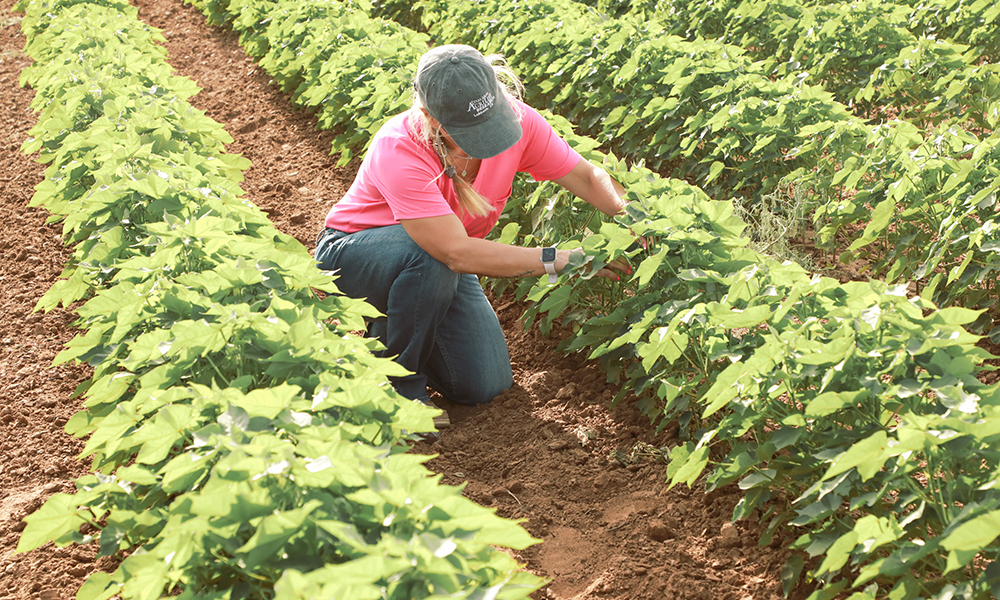
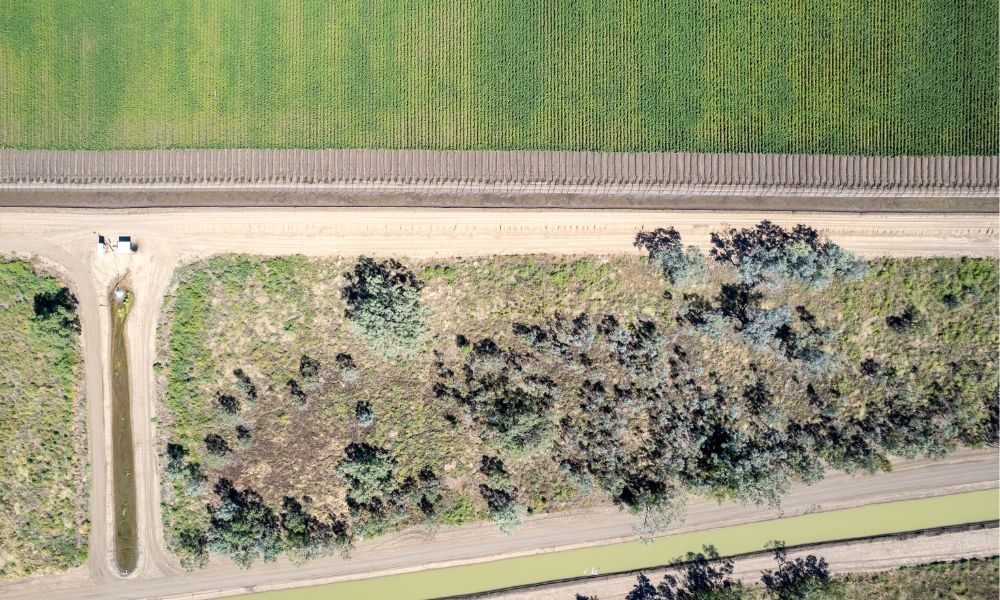
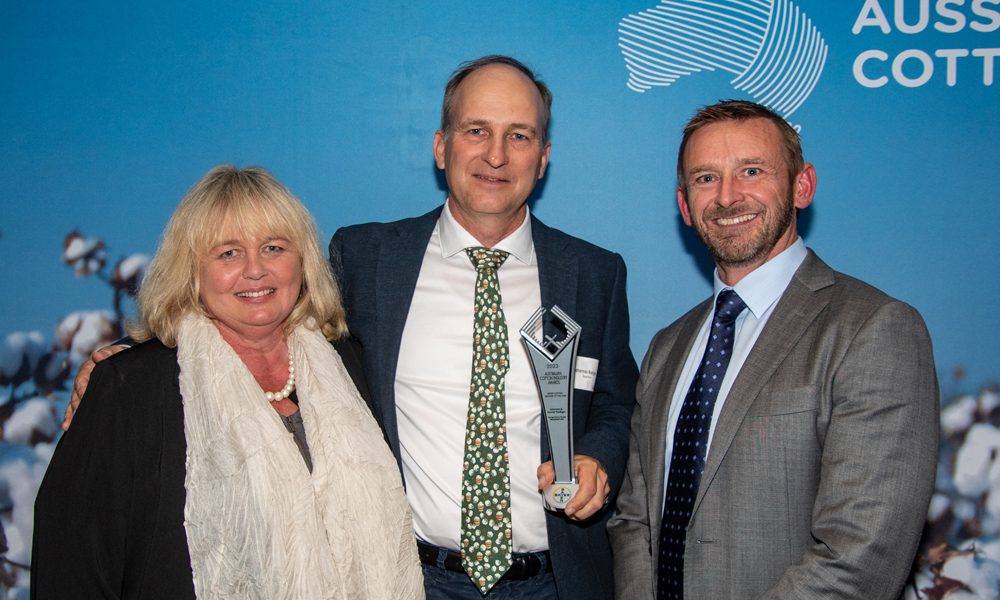
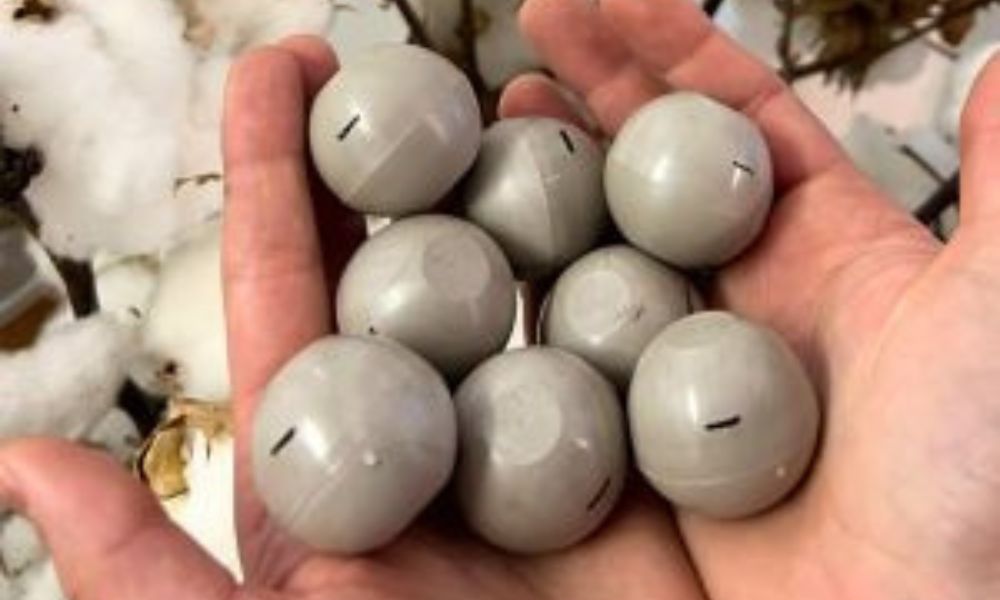
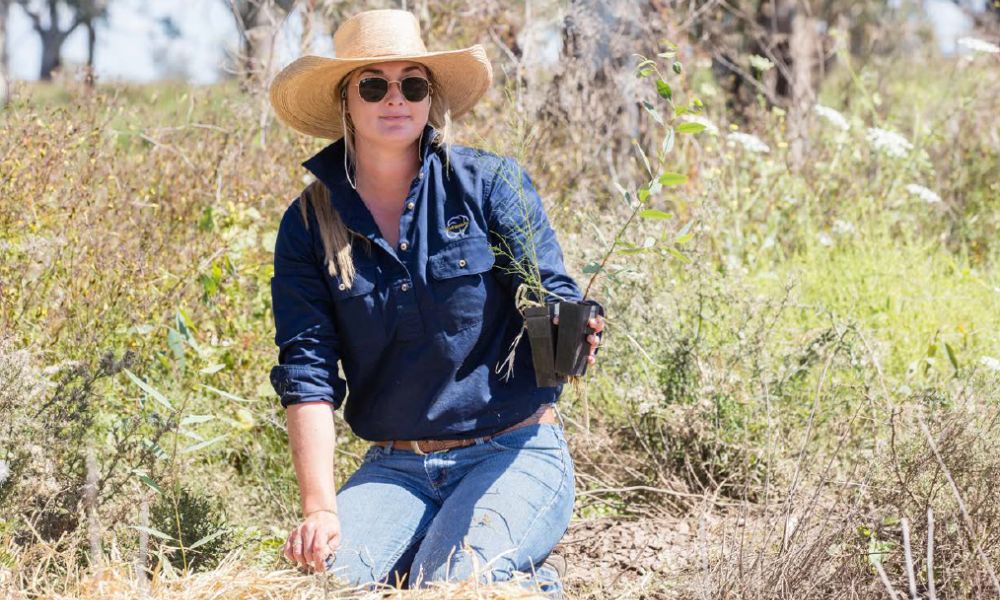
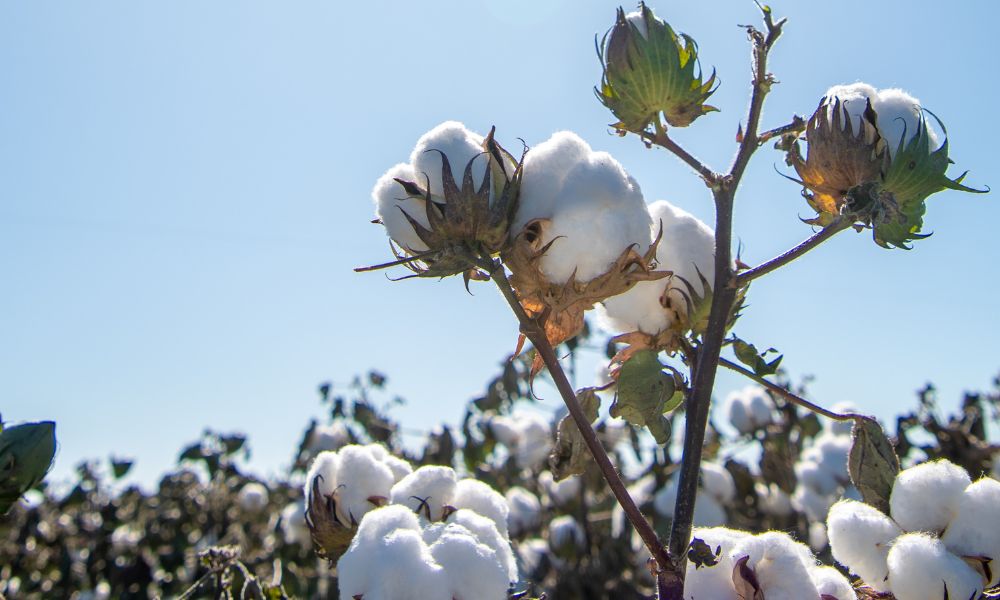

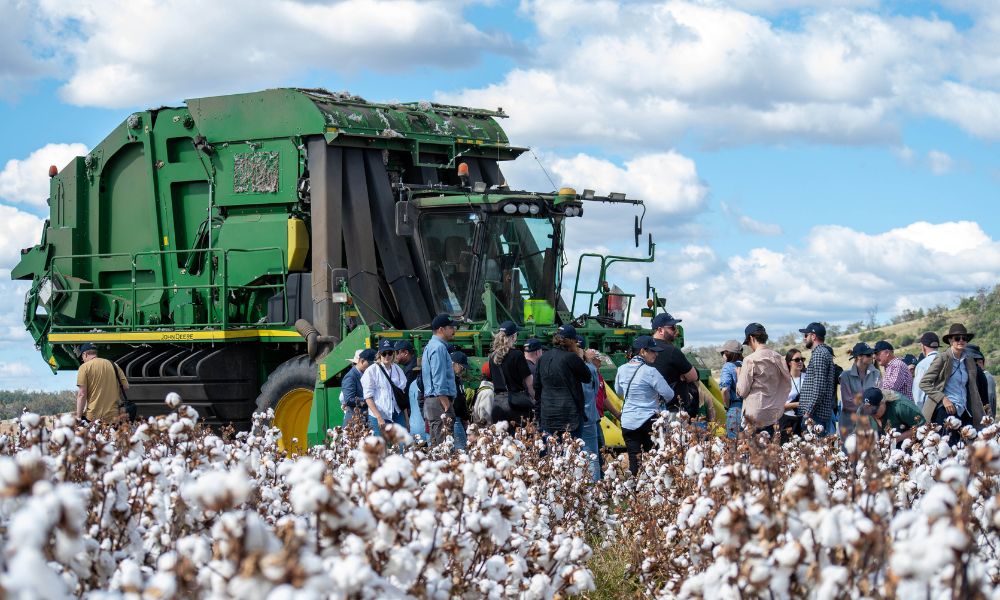
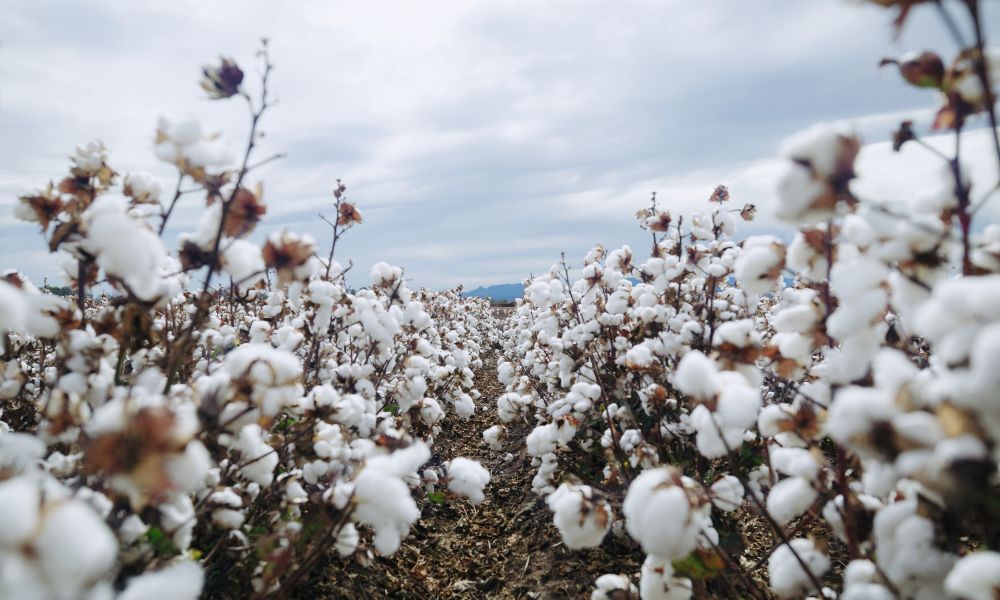
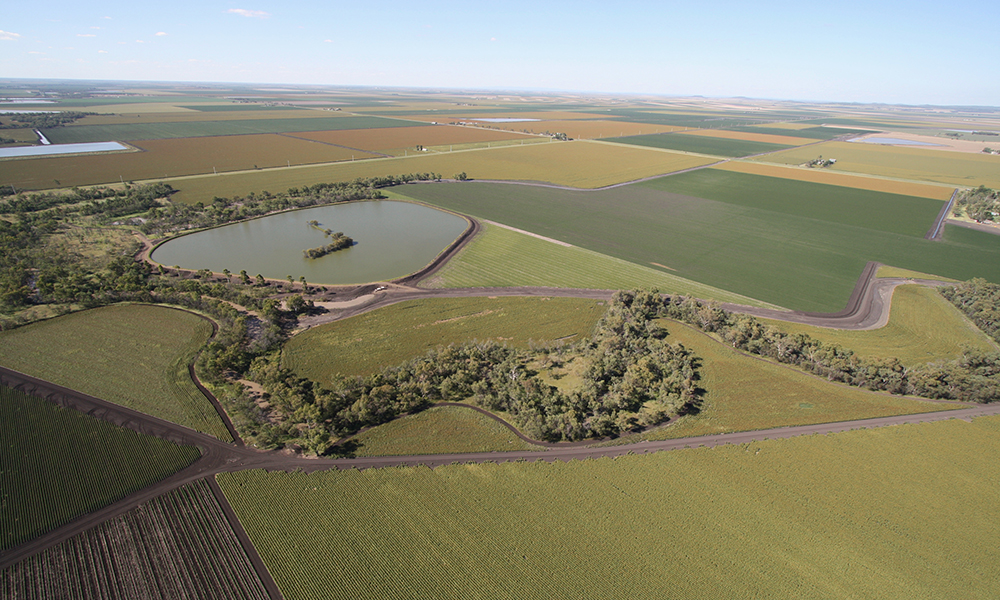
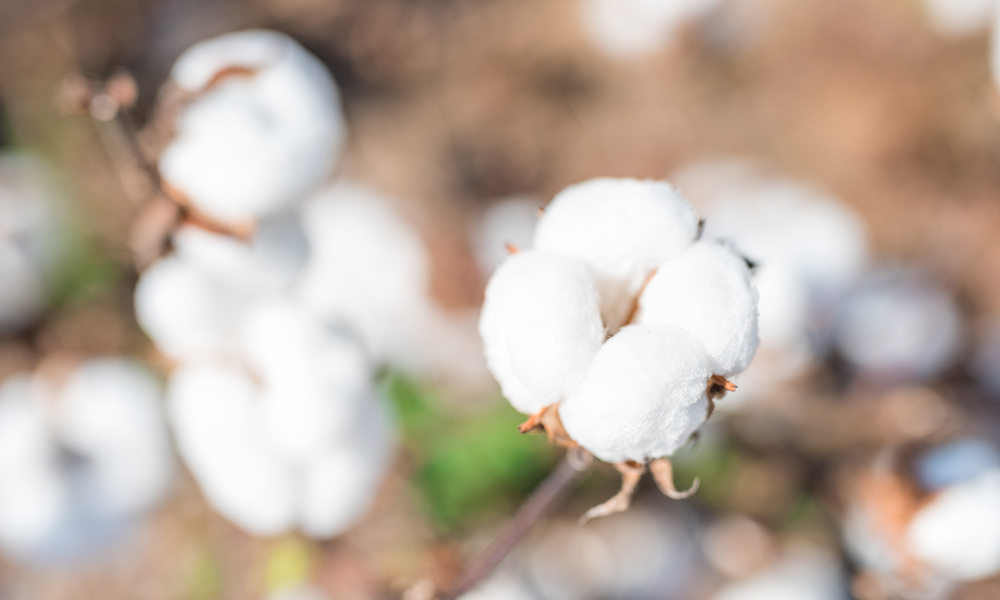

Recent Comments